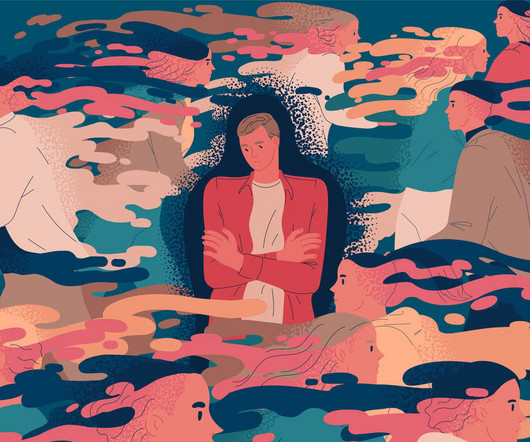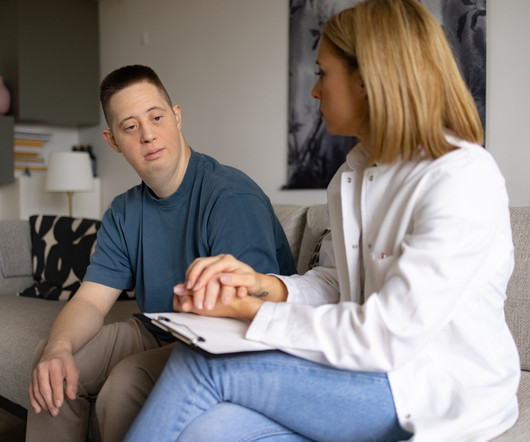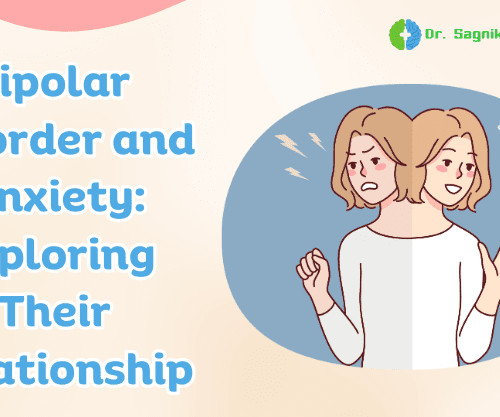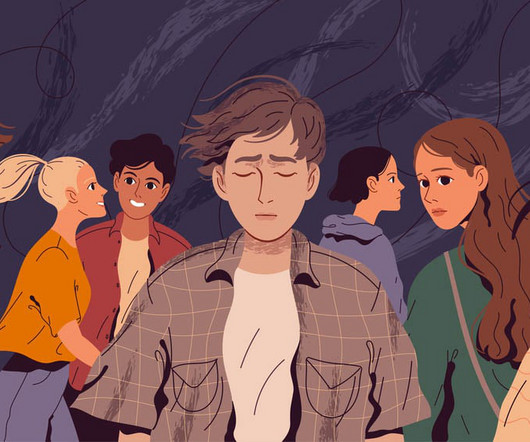Mental Disorder Has Roots in Trauma and Inequality, Not Biology
Mad in America
DECEMBER 7, 2023
Moreover, in stark contrast to the discoveries by medical researchers of biological causation for many physical illnesses, psychiatric researchers have failed to find physiological or genetic causation for the most diagnosed mental disorders—the anxiety disorders and depression—negating the rationale for the prescription of these drugs.

















Let's personalize your content